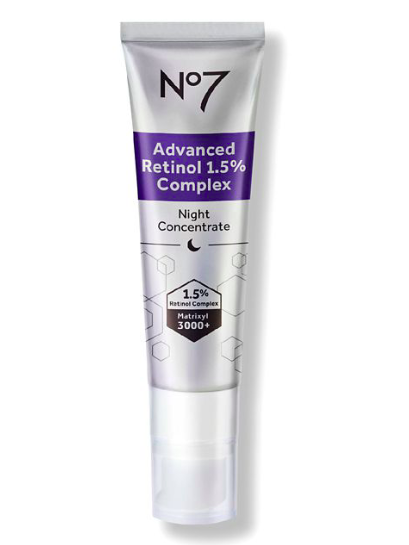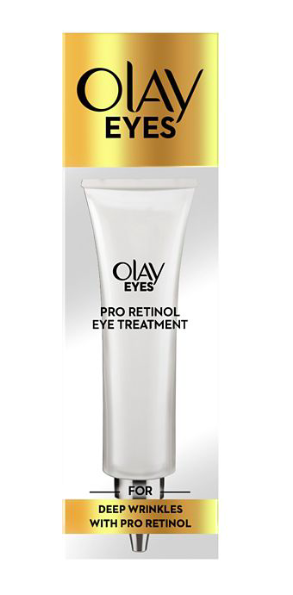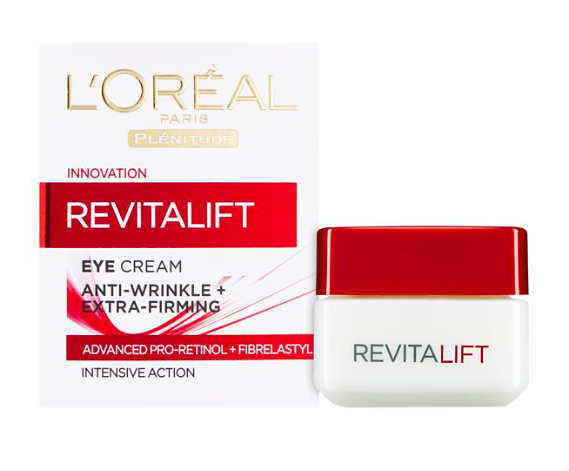Retinol 101
Over the past year retinol has become one of most touted beauty products. Many brands have come out with their own version, multiple retinol-containing products are available in every drugstore and it’s frequently found on skincare must-have lists by beauty editors. With all this information, it can be confusing so here’s a beginner’s guide to the skincare ingredient.
What is retinol?
Retinol is actually a type of retinoid, which is a derivative of vitamin A. There are a few different types of retinod but retinol and the less popular retinoldehyde are the only two that are mild enough be sold over the counter in lotions and other skincare products. The other types require a prescription. Although different products have retinol of different concentrations in them, there is only one type of retinol and the products have it in varying degrees of strength.
What does it do for you skin?
It helps turn over the skin. “In a very mild sense it can improve and skin texture and minimally improve fine lines by increasing the rate of cell turnover,” says Dr Raj Mallipeddi, a consultant dermatologist in London.
Are there any side-effects?
In general, no. But in some cases it can cause redness and increased sensitivity, which in turn can make the skin more sensitive to the sun. “It can work on any skin tone but with dark skin, if it causes irritation and inflammation, that can lead to hyperpigmentation,” Dr Mallipeddi explains.
Ironically, retinol can also be used to treat pigmentation, but only at a prescription level. Over the counter products containing retinol may only have an effect on pigmentation like mild sun spots. The only way to find out what concentration of retinol and which products work for you is through trial and error.
Does it work on every skin type?
Absolutely, although it can exacerbate eczema so you may need to avoid if you have eczema. It’s worth starting off with a product with the lowest concentration of retinol to see if your skin can handle it first. “If you get irritation you can try different products and using it only once or twice a week,” Dr Mallipeddi says.
How should you use it?
It can be used all over the face and ideally every day. “It’s usually better to use it at night because if there’s any irritation then at least you’re asleep and if it causes sensitivity then you can put sunscreen on in the morning,” Dr Mallipeddi says. Your skin is also more likely to repair itself when you’re asleep because your muscles are relaxed and blood flow is greater.
At what age should you start using it?
“There’s no specific age at which to start,” says Dr Mallipeddi. “because everyone ages at different rates and there are various factors that affect ageing like smoking, diet and lifestyle.” But he cautions, “you shouldn’t need to use it before early 20’s.” So when you as an individual feel like you’re starting to see signs of ageing, that’s when you can begin to use it.
Are there any lifestyle activities you should be engaging with when using retinol?
Limit sun exposure and avoid smoking but cautions Dr Mallipeddi, “be measured in your expectations because there are a lot of claims in advertising but results can take months and years to show because you don’t age in a day - it takes years to age.” The only real test, Dr Mallipeddi says, “is another you who doesn’t use it!”
Below are some great products containing retinol, to try:




